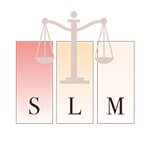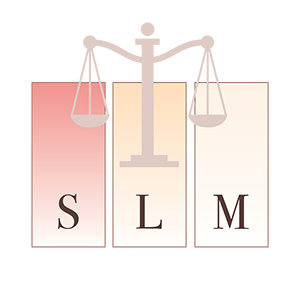The dream of starting a family and having children is possible in Mexico thanks to legal surrogacy and the recognition given to it by the Supreme Court of Justice as an assisted human reproduction technique. Access to surrogacy is part of exercising the human rights of individuals living in or visiting the country.
Why should you choose Surrogacy Lawyer Mexico for your surrogacy journey?
The rights to family protection, privacy, reproductive freedom, the best interests of the child, and personal development guarantee that surrogacy in Mexico can be carried out. With Surrogacy Lawyer Mexico, we assure you a safe and completely legal process, where the administrative and judicial procedures necessary to obtain legal recognition of the intended parents as the legal parents, and thus obtain the birth certificate, are based on groundbreaking rulings by the Supreme Court of Justice and various federal courts, as well as a fundamental precedent from the Inter-American Court of Human Rights.
How is surrogacy regulated in Mexico?
Although it is said that surrogacy is not nationally regulated in Mexico, with the states of Tabasco and Sinaloa explicitly referring to this assisted human reproduction technique, the practice is fully legal. The highest court in the country has already determined, through various rulings such as the amparo in review 553/2018, that access to surrogacy, even in states where it is not regulated, is an expression of human rights enshrined in the Constitution. Therefore, at the end of this process, the intended parents acquire parenthood.
Under what legal principles is surrogacy governed in Mexico?
At SLM, we provide information on the legal principles under which the surrogacy process is carried out, taking into account the pronouncements of the Supreme Court of the country mentioned above:
Judicial intervention
- Surrogacy is an assisted reproduction technique that can be carried out safely and legally thanks to the rulings issued by the Supreme Court of Justice. Throughout this incredible process, there will always be judicial intervention to establish that the intended parents are the only legal parents.
Baby’s mexican nationality
- Babies born on Mexican soil acquire the nationality of the country based on the principle of “ius soli.” Whether they acquire the nationality of the intended parents’ country of origin depends on the principles established in that country, while also ensuring that surrogacy is not prohibited in that country.
Guaranteed access for foreigner clients
- Foreign individuals can securely access surrogacy, as the country’s constitution recognizes that they have the same rights as Mexican citizens.
Recognition of all kind of families
- Same-sex couples and single individuals can turn to surrogacy, as the highest court in the country has clearly determined that Mexico recognizes family as a social reality, and therefore, all forms of family manifestation are protected by the right to their protection.
Respect for the rights of surrogate
- Due to the significant role played by the surrogate in this process, it is crucial to ensure that she fully understands the role she will play and the conditions under which she will do so.



